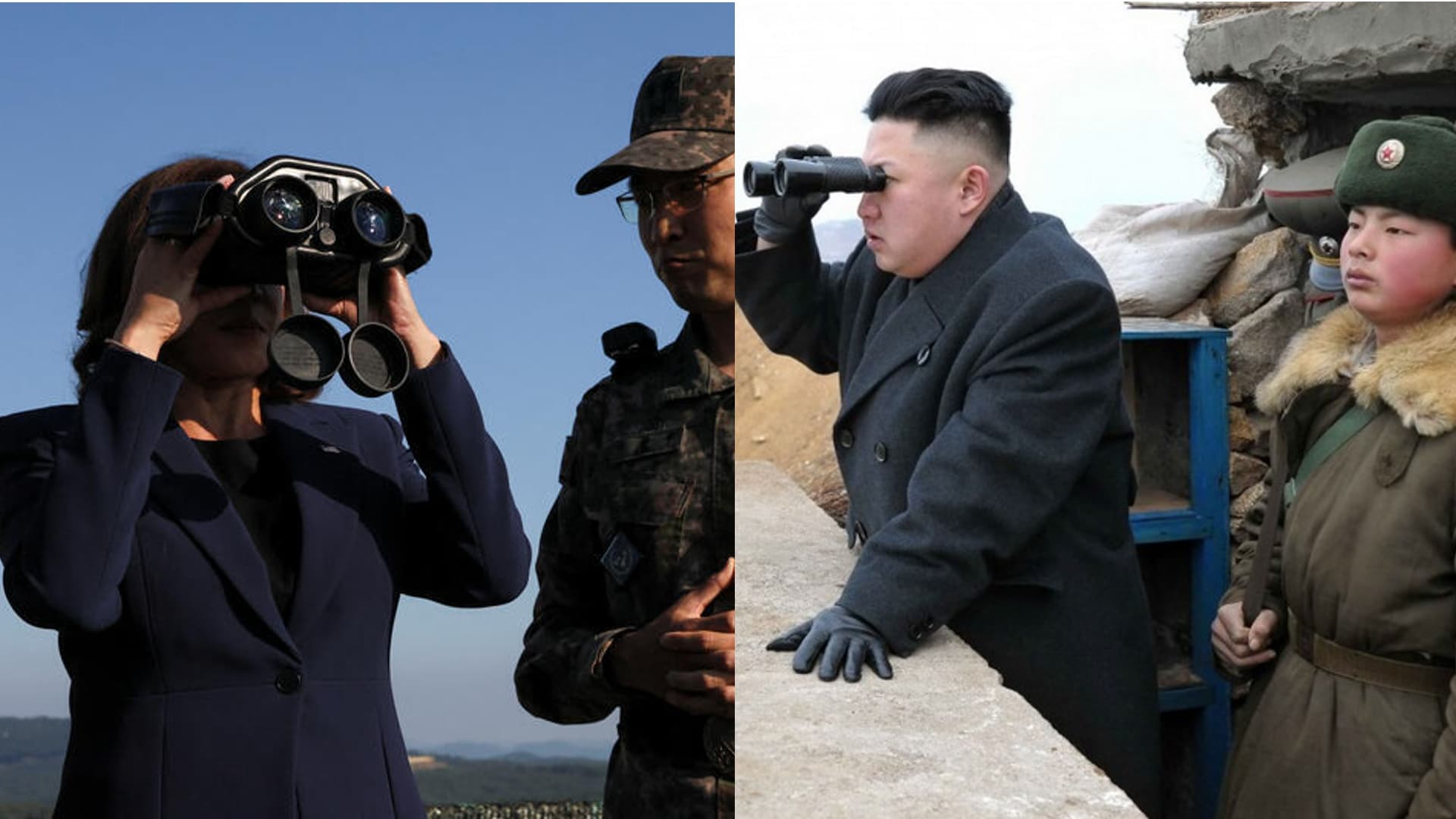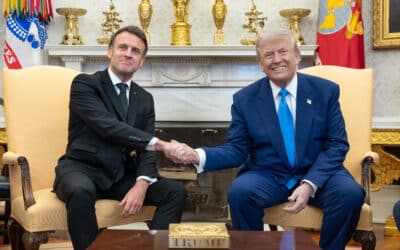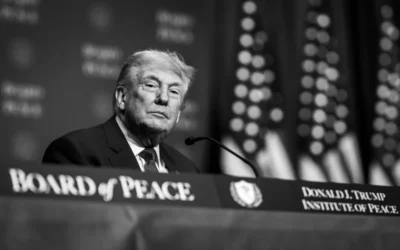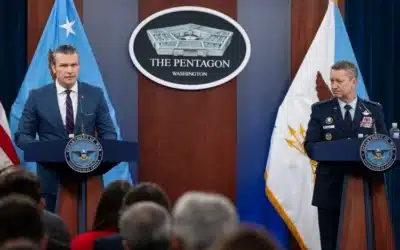US Vice President Kamala Harris traveled to the border of North Korea and slammed the government in Pyongyang. After she departed South Korea, the DPRK carried out its third missile test this week.
Military activity around the Korean Peninsula has escalated in recent weeks. In August, Washington and Seoul conducted live-fire war games for the first time in five years. This week, the USS Ronald Reagan made the first port call by an American aircraft carrier in South Korea since 2018.
Since taking office, President Joe Biden has committed to deploying more weapons to the Asia-Pacific. In May, Washington, Seoul and Tokyo signed a trilateral pact to increase military ties. Pyongyang denounced the agreement as another effort by the White House to create a new NATO-style alliance.
South Korean President Yoon Suk-youl has sought to increase the US military presence in his country, even suggesting that Washington should deploy nuclear-capable weapons to South Korea. Yoon made headlines last week when he was caught on a hot mic referring to the US representatives as “f**uckers.”
During her visit to South Korea, Harris traveled to the demilitarized zone where she delivered her remarks. She denounced the government in Pyongyang as a “brutal dictatorship,” and went on to condemn North Korea’s nuclear weapons program while demanding the full denuclearization of the Korean Peninsula.
However, Harris committed to defending South Korea with the “full range of US defense capabilities,” appearing to reaffirm that Seoul is under Washington’s “nuclear umbrella.”
Shortly after Harris departed Korea, Pyongyang conducted its third missile test this week. The two missiles were launched from a site north of the capital. Japan’s Defense Ministry said the missiles were likely short-range.
The trip to the DMZ was Harris’s final stop on a multi-country tour of the Pacific. In Japan, the vice president vowed to strengthen relations with Taiwan and pledged that the US “will continue to fly, sail and operate, undaunted and unafraid, wherever and whenever international law allows,” including in the disputed Taiwan Strait.
































